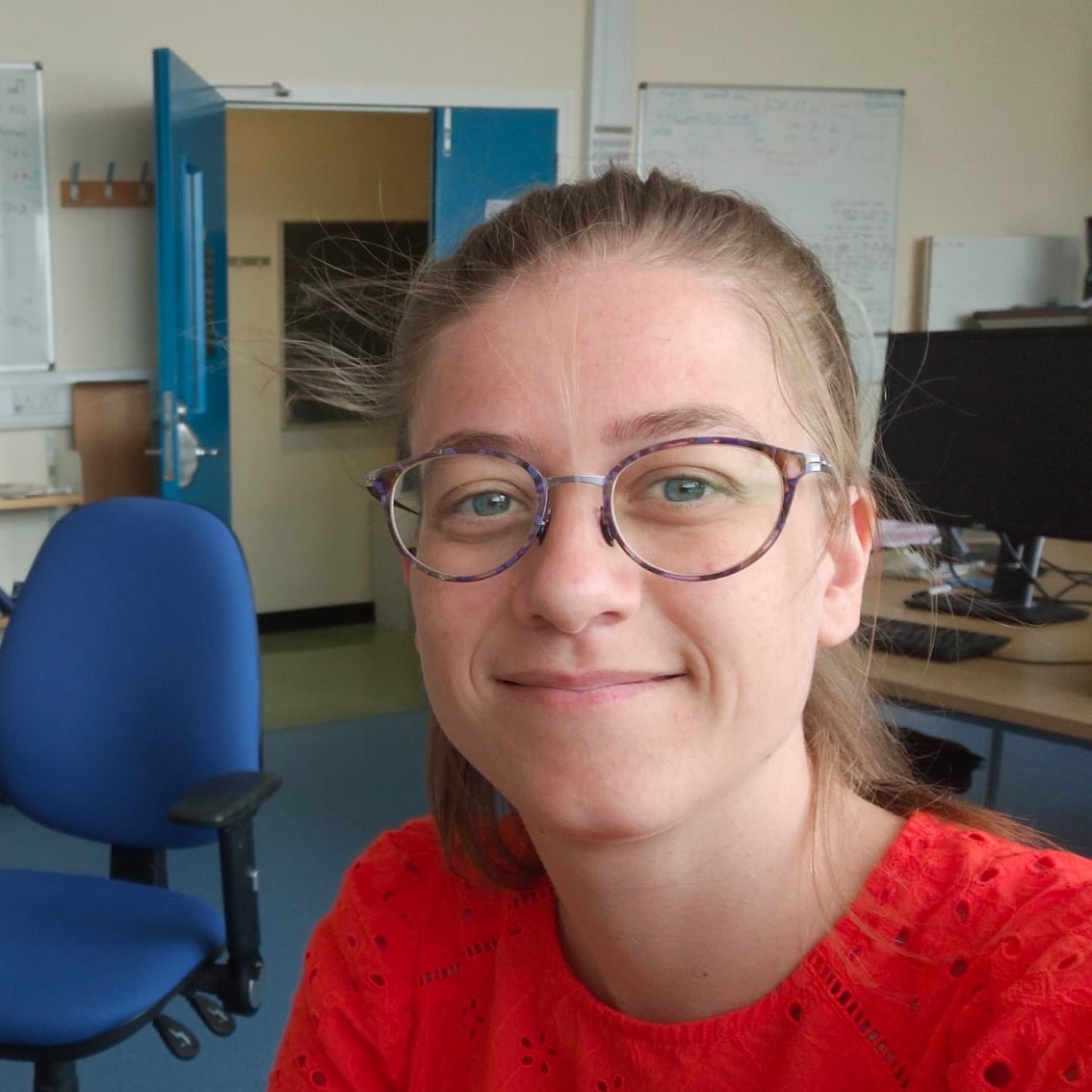Flavia Cicala
"Flavia studied physics for her undergraduate degree at Universita degli Studi di Milano. She graduated in 2016 with a final year project on experimental Dark Matter, which consisted on a calibration analysis for the DarkSide 50 experiment. In 2016 she participated in the Academia Sinica Institute of Astronomy and Astrophysics (ASIAA) summer student program, in Taipei. Her research project investigated the creation of dust by Sun-like stars in nearby galaxies. She then enrolled at Royal Holloway University of London to study Particle Physics, where she joined the Dark Matter group and conducted a calibration study for the DEAP experiment. In 2018 she completed her MSc with a master project that consisted in designing and building a dark matter direct detector prototype. Flavia started her Ph.D. at the University of Warwick in 2018 in the Particle Physics group. She is part of the LHCb group at warwick and is analysing LHC data for rare decays and to investigate flavour physics. Her Ph.D. also includes designing and simulating components of the TORCH detector, which identifies particles based on their time of flight from when they were produced to when they reach the TORCH. The TORCH detector has been proposed as a component of the LHCb's future upgrades. Since joining the University of Warwick Flavia has taken part in teaching undergraduates by demonstrating the physics first year labs and electronics workshop."
How did your journey into Physics begin?
I have always known I wanted to be a scientist. My journey into Physics began in secondary school, thanks to a brilliant physics professor who had the patience to spend time answering fundamental questions I had during her lessons. Since then, I have been hooked onto the whys and the hows that dictate the world we live in. During my Bachelor's degree in Physics, I developed a particular interest in experimental astro-particle physics, which eventually lead me down the experimental, high energy, particle physics path.
What is your favourite thing about your research / studying Physics?
My favourite thing about my research area is the chance to explore the numerous and varied open questions about particles and how they interact, causing effects measurable at any scale in our universe. The trepidation of working towards an answer to these questions is what drives me. The satisfaction of gaining a deeper understanding though my research is the reward.
Why do you think it is important to highlight women and gender minorities in science? What does it mean to you?
Women always have been part of the scientific efforts, even if they have too often been relegated in the shadows. This practice has played a part in promoting damaging misconceptions about differences in capabilities between women and men regarding scientific research, resulting in uncountable brilliant minds being excluded from scientific fields throughout history solely because of their gender. Today there has been a tremendous improvement on this front, but many stereotypes still permeate our society. When we highlight women in science, we show girls, young women, and the broader society, that they too belong in the scientific community if they so choose. Highlighting women in science makes the whole field more inclusive.

